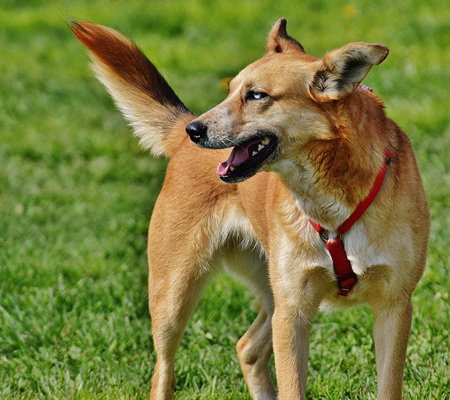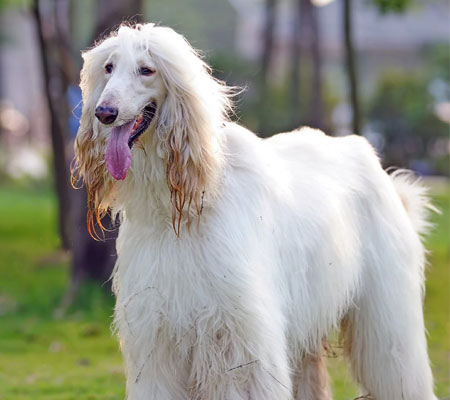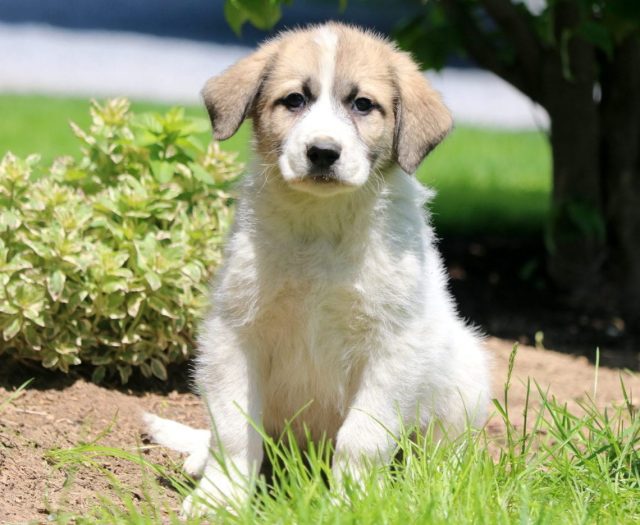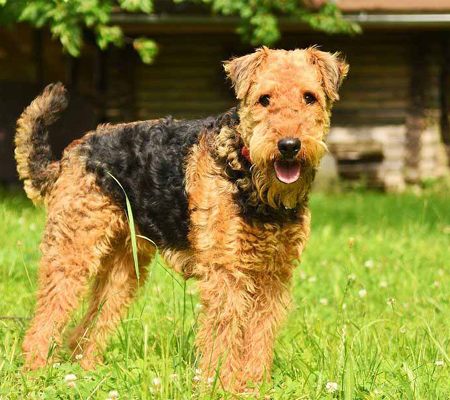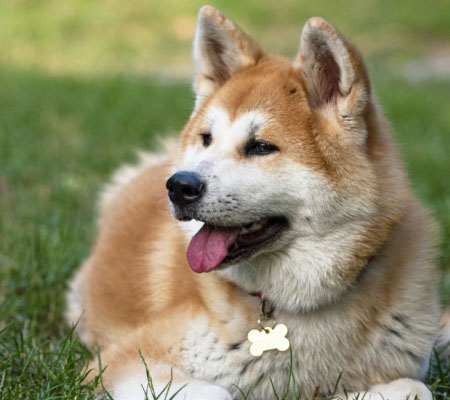The Carolina Canine is a unique, primitive dog
breed native to the United States that is still relatively fresh to
domestication. They are medium-sized, agile, and independent dogs with a
reputation for being extremely clean.
The Yellow Dog, American Dingo, Dixie Dingo, and
Yaller are all names given to the Carolina Dog. They were feral for hundreds of
years in the Southeastern United States, and they may still be seen in the wild
in Georgia and South Carolina.
Carolina Dogs aren't likely to be too loving, yet
they will build strong ties with their owners. When training, demonstrate
strong leadership and let them know you're in charge. They may appear quiet and
apprehensive of strangers, yet they are not hostile in nature.
Canines of this breed are pack dogs at heart, and
they'd flourish in homes with other canines and people, building love ties with
both dogs and humans. They have a strong prey drive, so keep an eye on them
while they're near other tiny creatures. They prefer large families and
residences with large yards in which they may run around. Carolina Dogs are
devoted to their owners and gentle and playful with children.
This dog bed is recommended by DogTime for a nice
night's sleep for your medium-sized Carolina Dog. You could also get this dog
fetch toy to assist your pet burn off some of his pent-up energy!
Carolina Dog Highlights
Breed Size
Medium
Nature
Gentle, Friendly, Playful, Outgoing, Willful
Energy Level
Active
Intelligence
High
Barking Level
When Necessary
Coat Length
Short
Breed Group
Hound
Droll Amount
Low
Good with
Familes, Children, Dog
Feed Level
Medium, High
Colour Type
Gold / yellow,black,white,red
Other Facts
Tendency to chew,good hiking companion,high prey drive,strong loyalty tendencies.
Dog History
The Carolina Dog is said to have originated in
Asia and bears a striking resemblance to the Asian pariah dog. They crossed the
Bering Straight with merchants 9,000 years ago and progressively travelled
southward until they reached the southern United States.
They've lived in the wild for hundreds of years
in the southern United States, and they may still be found in regions of
Georgia and South Carolina.
Eventually, the Carolina Dog was rediscovered and
tamed. The Dixie Dingo, American Dingo, Yaller, and Yellow Dog are some of
their other names.
Carolina Dog bones have been discovered in
ancient Native American Indian burial places, indicating that they were
presumably kept as pets by American Indians.
In the 1970s, the American Kennel Club formally
recognised the Carolina Dog as a breed.
18-22 inch 18-25 kg 13-15 year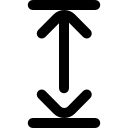
Height

Weight

Life Span
Health and Care
Overall, the Carolina Dog breed is in good
health. They don't have the genetic diseases that many over-bred dog breeds
have nowadays since they've spent so much time in the outdoors. Hip and elbow
dysplasia are two minor concerns.
Ivermectin, a component included in mite and
heartworm medicine, has been revealed to be sensitive to the Carolina Dog breed
in recent investigations. When it comes to flea and tick treatment, you may
want to conduct some research and look for natural options. Seek guidance from
your veterinarian.
Care
You should keep up with your Carolina Dog's
routine veterinarian checks, just like you do with any other dog, to spot any
health issues early. Your veterinarian can assist you in developing a care
regimen.
To stay active, the Carolina Dog should get at
least 60 minutes of activity every day. Always keep a supply of fresh water on
hand.
These dogs are famed for their cleanliness; they
groom themselves in the same way as cats do. However, they'll require
assistance with their nails. Trim them once or twice a month, before they
become too long. They shouldn't be slamming into the ground. This is something
that your groomer or veterinarian can assist you with.
Maintaining the dental health of any animal is
one of the most difficult tasks. Brush your dog's teeth three times a week at
the very least. Your veterinarian can show you how to brush your dog's teeth
correctly and suggest dental chews.
Dog Breed Care Tips and
Important Instructions
Though Carolina dogs might be a little
high-maintenance in general, they aren't picky about grooming. Regular brushing
and, if they get into something extremely nasty or stinky on their wanderings,
an occasional bath will keep them clean. Brushing and bathing might also help
manage their modest shedding.
Trim a Carolina dog's nails on a regular basis to
prevent them from clicking on the floor, and inspect him for ticks after he's
spent a lot of time outside. He'll need his ears examined and cleaned, as well
as his teeth brushed, just like any other dog.
Carolina dogs, like other breeds, respond well to
positive reinforcement training and require their owners' constancy and
patience.
Bergeland advises, "Never hesitate to seek
the assistance of a positive-based trained professional dog trainer."
Making sure your Carolina dog has adequate
activity and mental stimulation through athletic activities, regular training,
exercise, and playtime is an important component of their care. To keep himself
entertained, a bored Carolina dog will bark, climb, dig, chew, and leap.
"All dogs must be understood,"
Bergeland adds, "and owners must understand what dog behaviours are
natural to all dogs." "However, this dog will not be content with an
owner who does not comprehend those critical truths."
Feeding
A good Carolina Dog diet should be heavy in
protein and mirror what they would consume in the wild as much as possible.
This breed may benefit from a single daily meal of high-quality dog food or
homemade food. Inquire with your veterinarian about serving quantities and
frequency.
Carolina If you overfeed your dog, he will gain
weight, so keep to a regular feeding schedule and don't leave food available
during the day. Limit their treat intake as well.
The Carolina Dog's nutritional requirements will
alter from puppyhood to adulthood, and will continue to change into their
senior years, as they do with all dogs. Because there is just too much variance
among individual dogs—including weight, energy, and health—to offer a particular
prescription, you should seek your veterinarian for advice on your Carolina
Dog's food.
Fun Facts
Swamp dog, "Old Yaller dog,"
"Dixie dingo," "Carolina wild dog," "Carolina yellow
dog," "American dingo," and "Native dog" are just a
few of the nicknames given to Carolina canines.
Some traits of Carolina dogs are more akin to
those of wild dogs than to those of long-domesticated puppies. According to the
Columbia Star, they like to hide their faeces by rubbing soil onto it with
their snout. Females that have not been spayed are likewise more likely to go
into heat.
Ginger the Carolina Dog poses for Hill's Science
Diet food packaging with her stunning yellow coat.
Home Training Tips and General
Information
To avoid a Carolina Dog being confused and to
make it easier for them to learn to accept commands, only one person should be
responsible for teaching your Carolina Dog at first. If too many people attempt
to train a Carolina Dog at the same time, the process may come to a standstill.
Positive reinforcement and feedback must
constantly be used by trainers. When your Carolina Dog listens, the trainer
should praise him and let him know that he did the correct thing. Never berate
your Carolina Dog if he doesn't comprehend what you're saying. Carolina dogs
are not as intelligent as humans and take longer to learn new things. What you
must expect is that they will not simply follow your directions during the
initial training; good training of your Carolina Dog demands repetitive
actions. Do not bother the Carolina Dog since he may get fearful, which will
slow down his learning and preparedness to be broken in. You can praise a
Carolina Dog with food or treats, but don't go overboard.
One at a time, provide instructions. Attempt to
teach him each command one at a time. If he refuses to learn it, stick to the
original order because trying additional talents would only confuse the
Carolina Dog. Stick to the fundamentals.
Simply maintain your tone happy when imparting
lessons, and the Carolina Dog will gladly accept your commands. A calm,
confident voice is great for Carolina Dogs. If you yell at him, he may get
irritated and afraid.
Train your Carolina Dog in a variety of settings.
If you confine a Carolina Dog to a single place, such as your home, he will be
unable to adapt to a new environment with other people. Take him to the park or
on a walk around the neighbourhood. This will make it easier for your Carolina
Dog to socialise with other dogs and people.
FAQS
|
Is it possible to leave Carolina dogs alone? |
|
They're natural hunters that can adapt to almost any environment or
lifestyle after living on their own for hundreds of years. Because the
Carolina Dog is a group animal, it should never be left alone. |
|
Do Carolina dogs have a distinct odour? |
|
The Carolina Dog is not a hypoallergenic breed due to its high shedding.
He doesn't have a very strong odour and won't require many baths. |
|
Are Carolina dogs known for their floppy ears? |
|
When vigilant, the ears are usually straight up; but, when sprinting, they
can be folded back along the head. The eyes are almond-shaped, spherical, and
rimmed with black. |
|
What are the prices of Carolina dogs? |
|
These dogs usually cost between $800 and $2,000 in the United States. The
cost is mostly determined by the level of care provided to the dogs as well
as the command. |
|
Are Carolina dogs aggressive? |
|
Because the Carolina is a pack dog, they adapt well to living in a social
group with other dogs and people. Although they have a prey drive, they are
not violent dogs. They're clean and clever, and they bond and play nicely
with youngsters. They also don't have many of the hereditary health issues
that many specialist breeds do. |
|
Is it possible to keep a Carolina Dog as a pet? |
|
The Carolina Dog may make a fantastic family companion with appropriate
training and socialisation. These exceptional dogs are fiercely loyal,
lively, and self-sufficient, and would flourish in the company of an active,
outdoorsy owner. |
Carolina Dog Unique Name
| Male Name | Female Name |
|---|---|
| Brady | Bianca |
| Buzz | Birdie |
| Fritz | Gemma |
| Lenny | Inez |
| Lucky | Jasmine |
| Luke | Lacy |
| Maverick | Leia |
| Morrisc | Maisy |
| Morris | Maya |
| Murphy | Ruby |
| Ned | Shelby |
| Nelson | Snickers |
| Ozzy | Tootsie |
| Pablo | Abbie |
| Thor | Butterscotch |
| Titus | Cha Cha |
| Willy | Coconut |
| Oscar | Kasey |
| Comet | Kitty |
| Turbo | Ladybug |

